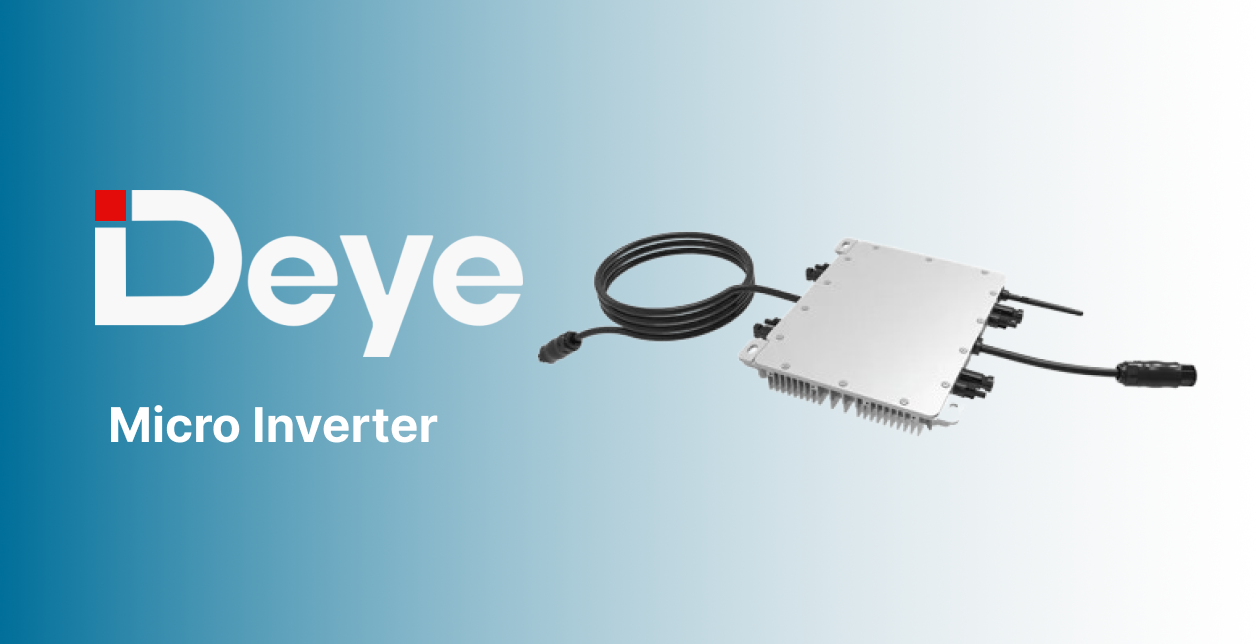
The Deye micro inverter scandal in Germany - what happened and why it matters to your solar installation
In 2023, a scandal emerged regarding Deye micro inverters in Germany, attracting widespread attention and raising concerns about solar installation safety. Triggered by a group of bloggers, this scandal uncovered a critical security flaw in Deye micro inverters, leading to substantial implications for both the company and the solar industry. Let’s review what happened and understand its impact.
Who is Deye?
Deye (Ningbo Deye Technology Co., Ltd.) is a prominent manufacturer of micro inverters and storage devices in the solar industry. Deye micro inverters are popular for their integration capabilities, including Wi-Fi connectivity, making them a preferred choice for various solar installations. Besides their own branded products, Deye is also involved in white-label production, often focusing on cost-effective solutions. SunSynk and SolarFusion inverters are often compared with Deye but they are the same component in hardware.
What happened with Deye micro inverters in Germany?
The scandal began when a group of bloggers including “Marc Testet” and “VoltAmpereLux” claimed that certain models of Deye micro inverters, specifically the SUN600G3, were missing a critical relay component. This relay is necessary for safely, disconnecting the AC side in case of device failures or abnormal grid situations, as required by the VDE-AR-N 4105 standard (German technical minimum requirements for the connection to/and parallel operation with low-voltage distribution networks).
Although the issue was first discovered by Youtubers whose content often aims to attract attention and generate clicks, an investigation was conducted, since the relay is a significant component for safety that cannot be overlooked. The absence of a required relay poses significant safety risks. Without this component, the devices may not adequately shut down during failures, potentially leading to electrical hazards.
In 2020, Deye micro inverters were certified conformity with the VDE-AR-N 4105 by Interteck. In the same batch, other models like SUN500G3, SUN1000G3, SUN1300G3, SUN2000G3, etc. also passed the inspection and were said to conform to the legislation. However, they were all found out to lack the relay in 2023. This means that Deye micro inverters were sent for inspection with the required relay, to pass it, and then produced without it, being non-conform to the VDE norm. The German solar industry has been speculating about why Deye did this. A relay is a component that costs just a few cents, so savings in production are unlikely to have been the motivation for knowingly bypassing regulations. It is seen as more likely that Deye wanted to avoid customer complaints for micro inverter shut downs, and associated claims for liability.
In response to the findings, the Federal Network Agency (BNetzA) advised that affected Deye micro inverters should be temporarily taken off the grid until the necessary certificates are available. Deye’s deputy general manager stated that missing a relay was only a regulatory issue which posed no danger to customers. Soon after the statement, Deye said they would offer an external relay to the affected buyers as a solution to fulfill the regulations. However, an external relay did not meet the requirements of the current international or German national standards. Because the grid and plant protection had to be either fully-integrated into the inverter or a fully functional separate device.
Consequences for Deye
The scandal has had significant consequences for Deye and the broader solar industry. Deye’s reputation has taken a hit, leading to a loss of consumer trust. To manage the overstock of non-compliant micro inverters, Deye has reportedly been selling these units in other countries where regulations might be less stringent, or the German scandal is unknown. This move, while practical from a business perspective, further complicates the company’s reputation issues.
For the solar kits industry, this incident underscores the critical importance of safety and regulatory compliance. Consumers and installers in Germany are now more vigilant about ensuring that the products they use meet all safety standards, pushing the industry towards higher accountability and transparency.
Conclusions
The Deye micro inverter scandal serves as a reminder of the importance of product safety and regulatory compliance in the solar industry. While Deye has taken steps to resolve the situation, their brand has undeniably suffered. For consumers, this incident highlights the necessity of choosing solar kits and micro inverters that prioritize safety and reliability. Always ensure that your solar installation uses compliant and thoroughly tested components to safeguard against potential hazards. We have seen Deye micro inverters still in use in solar kits in Spain for example.
At Robinsun, we work with Tsun, a professional and top-tier manufacturer in micro inverters. Contact us if you have any questions or concerns: send us an email, call us directly or text through WhatsApp.

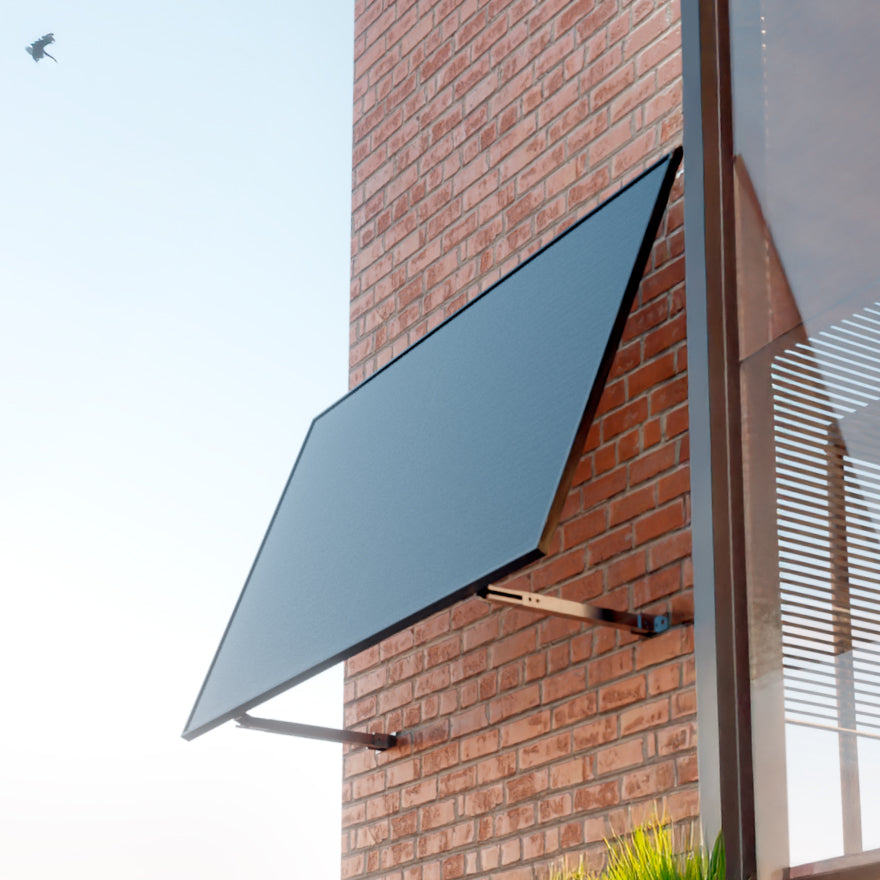
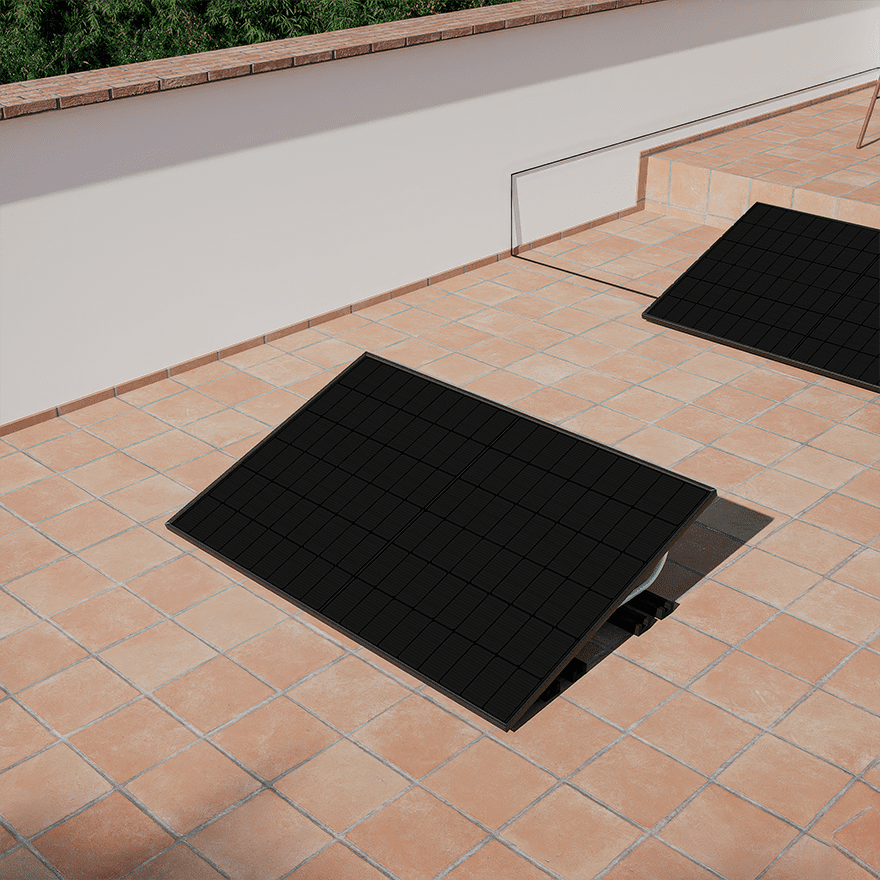
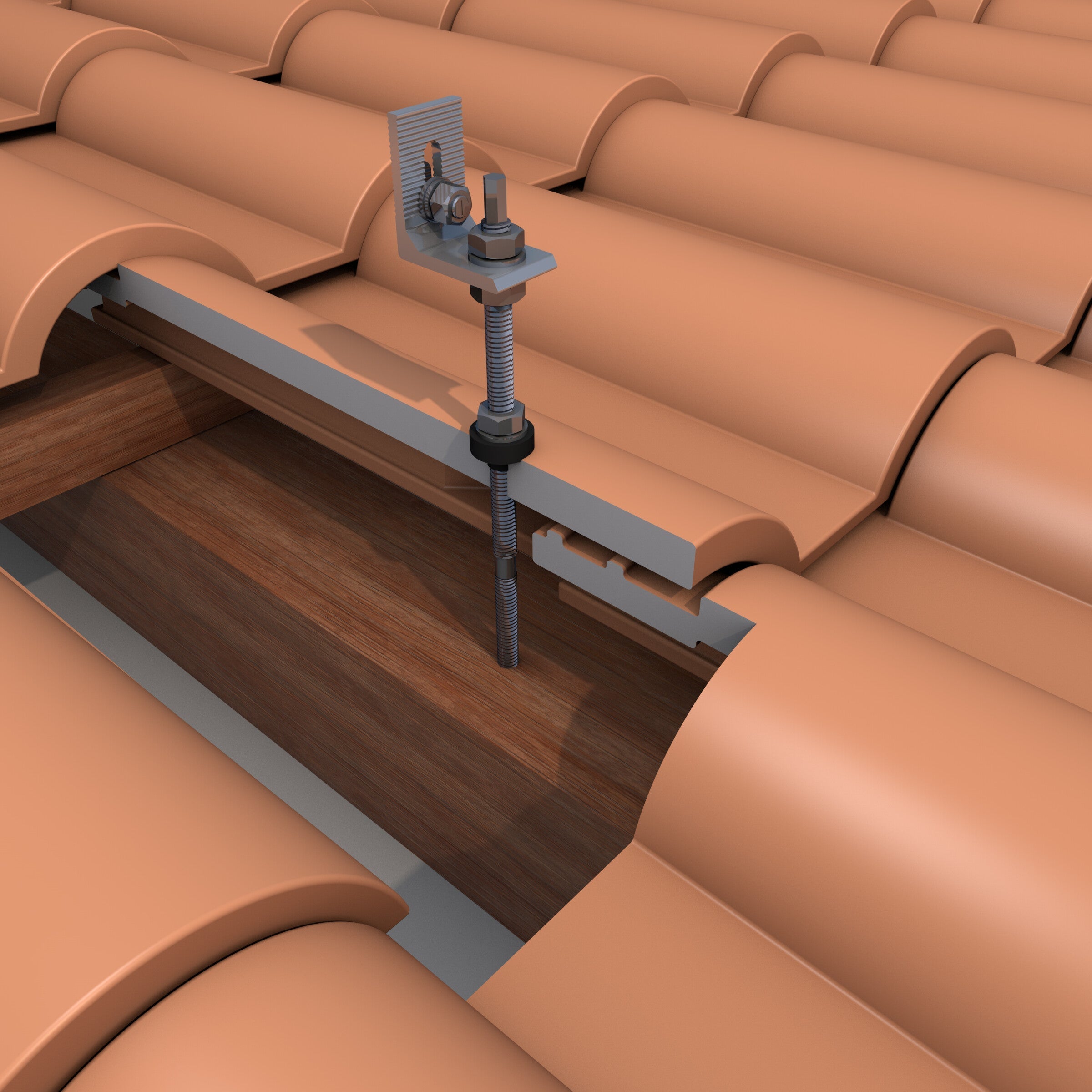
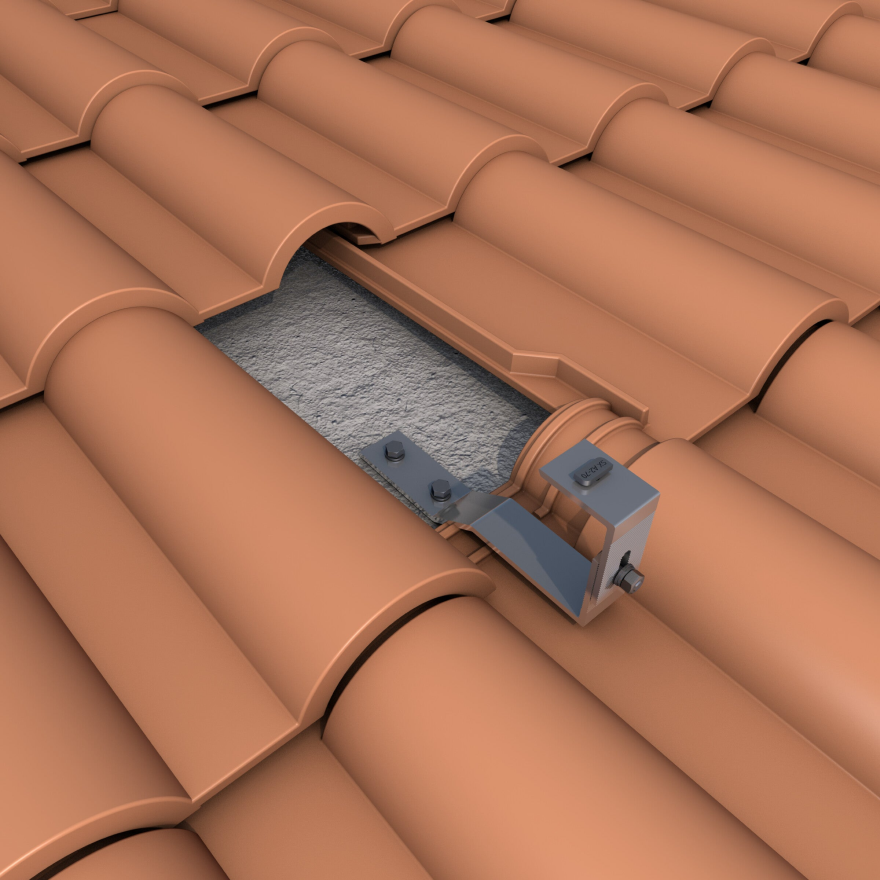
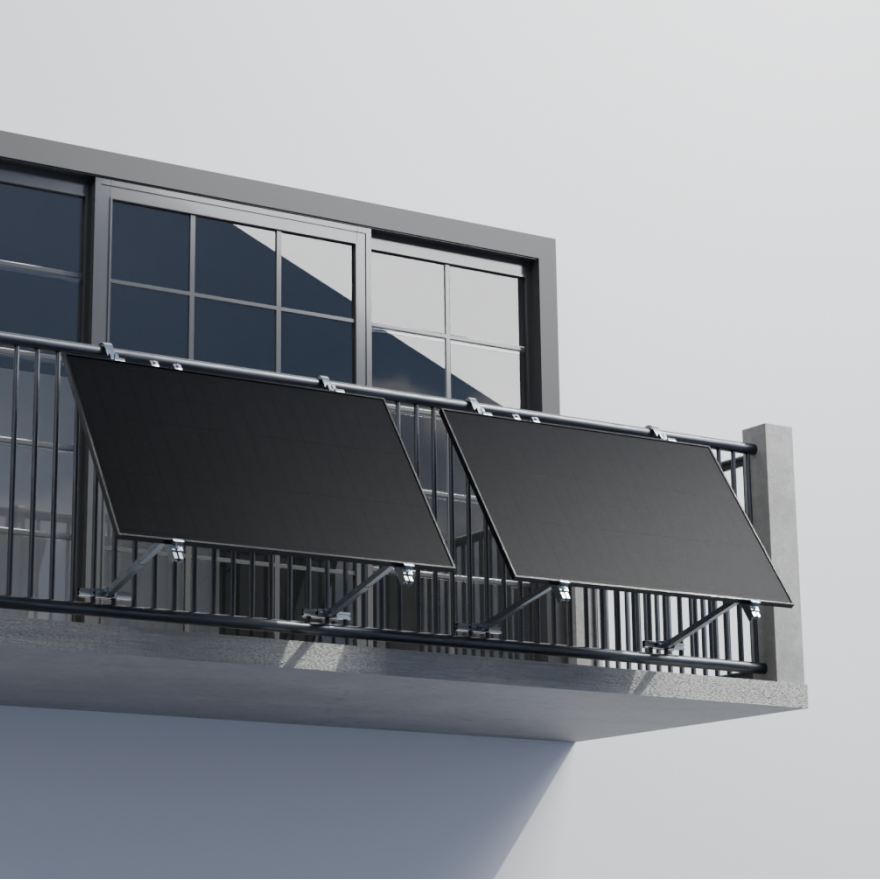
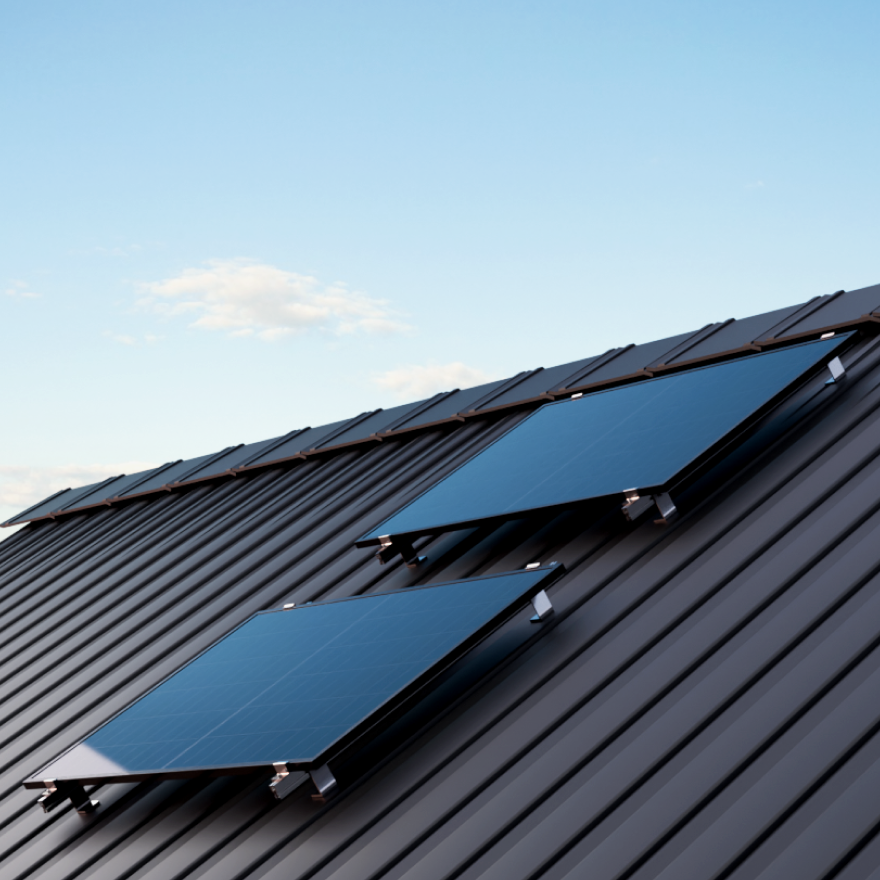
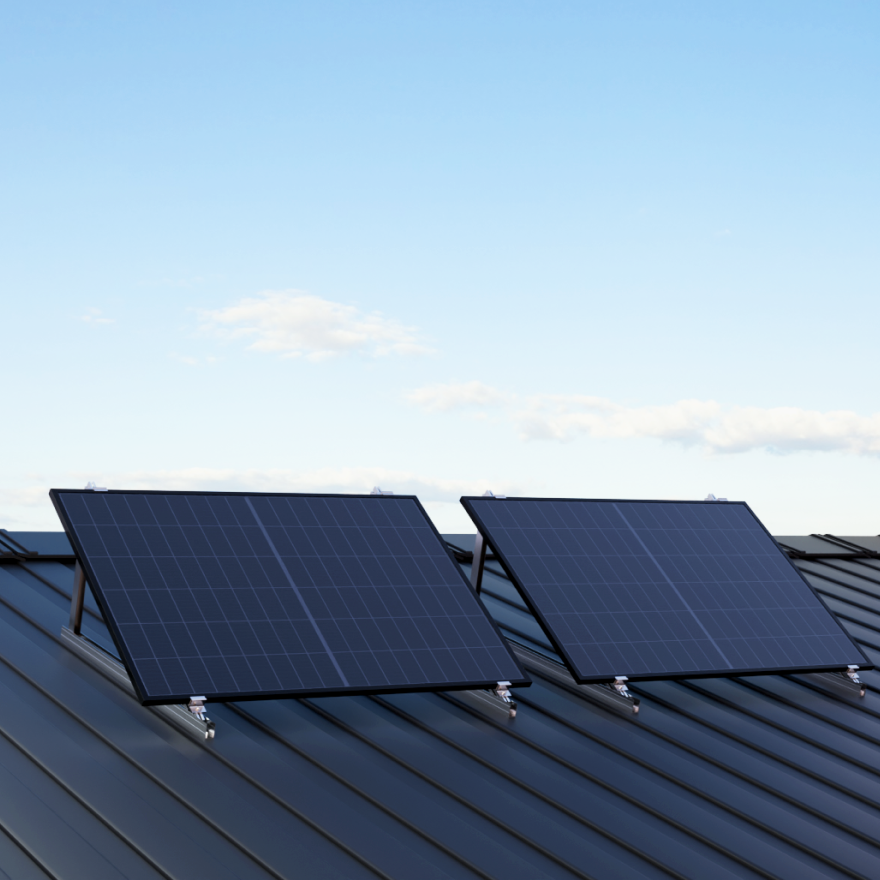
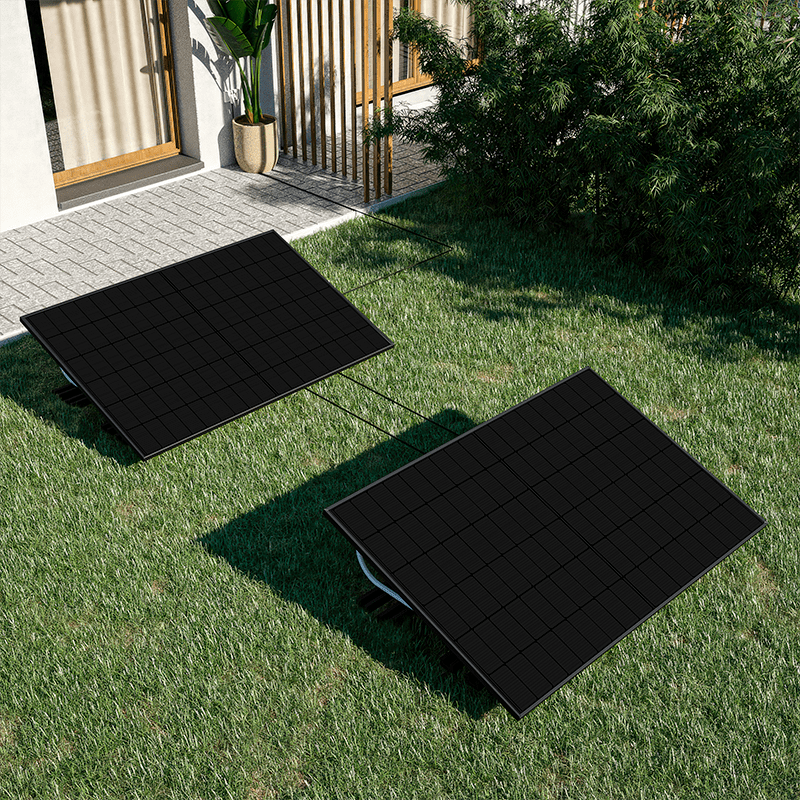
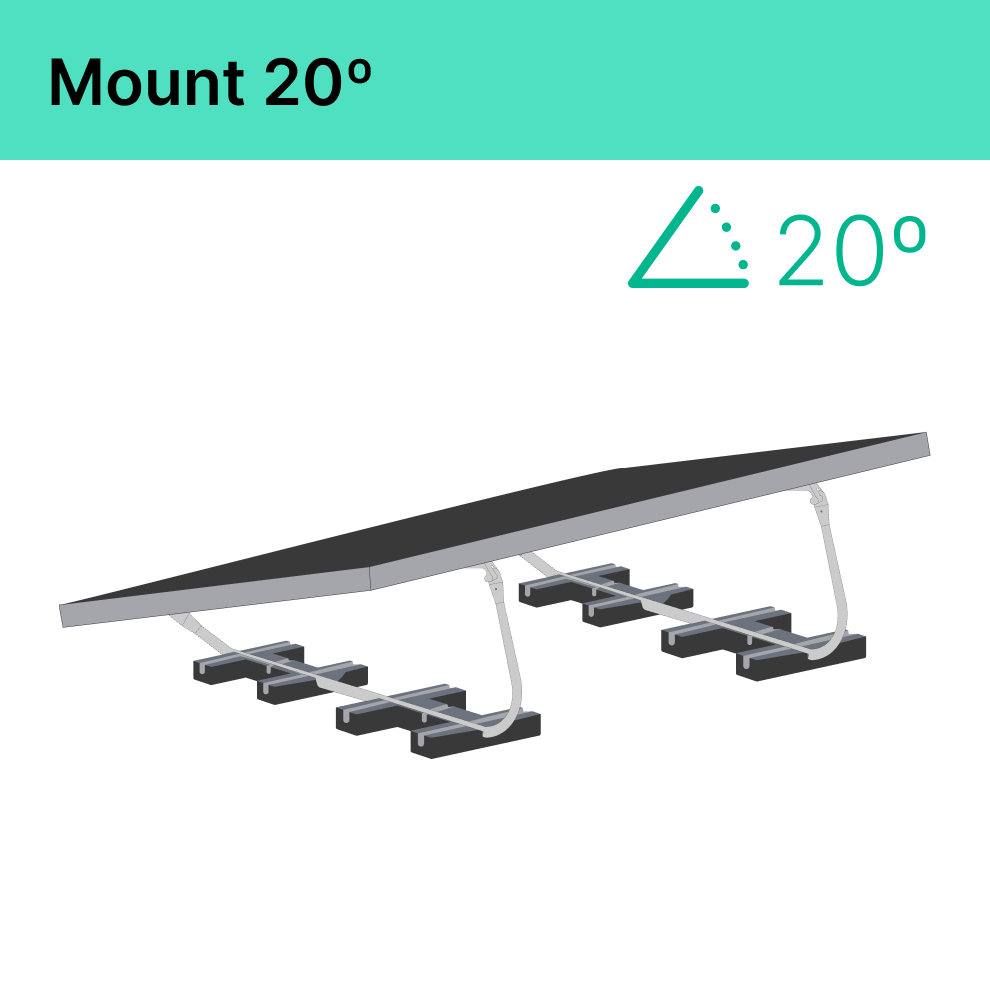
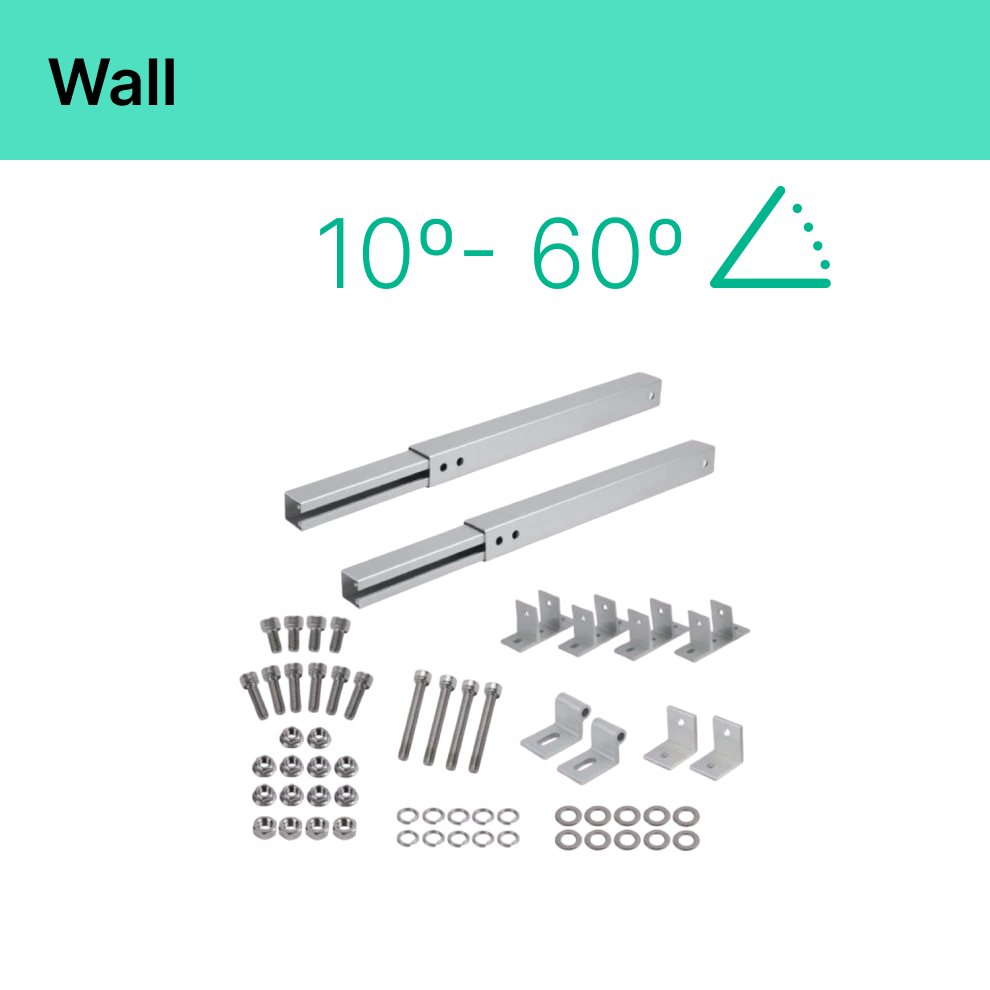
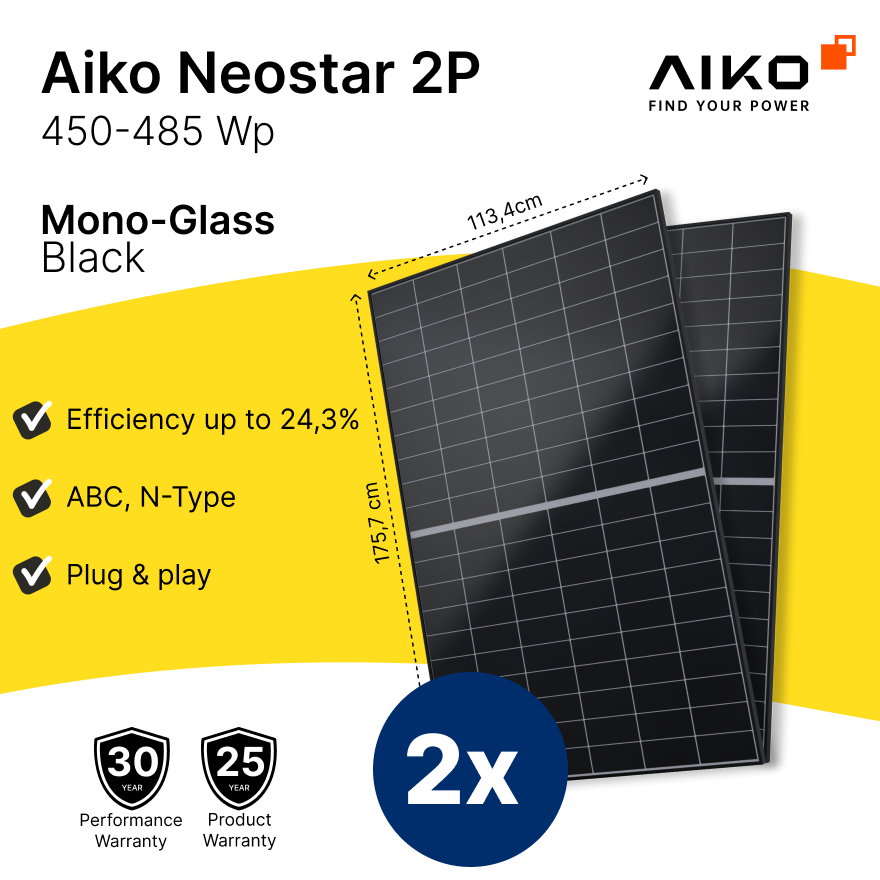
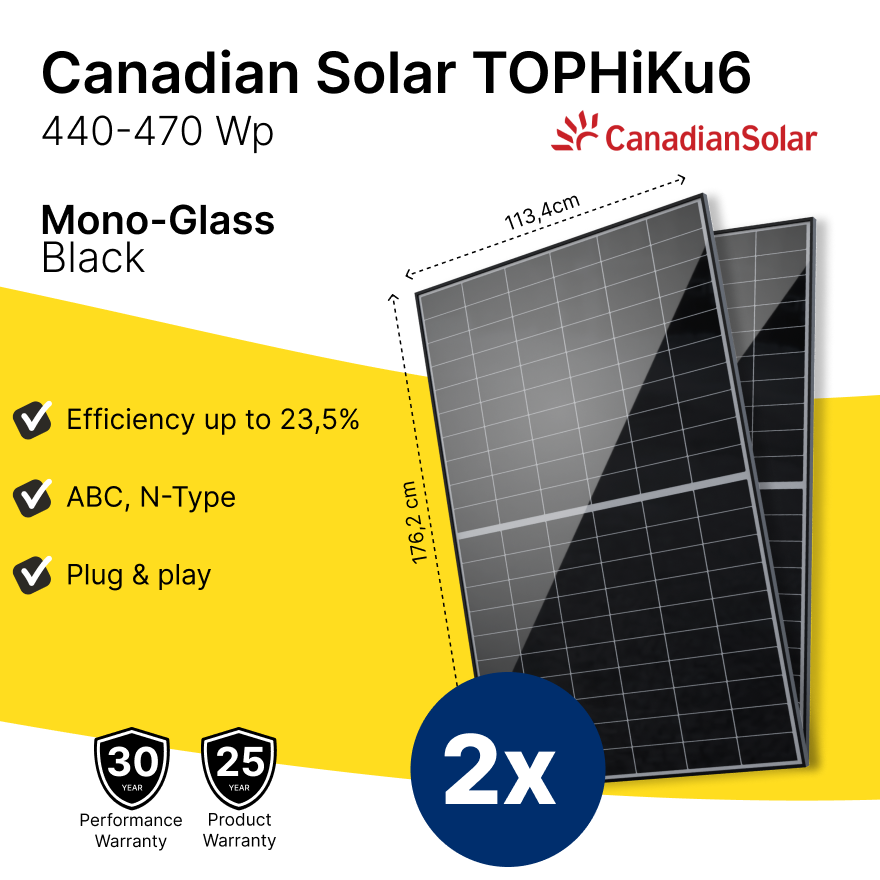
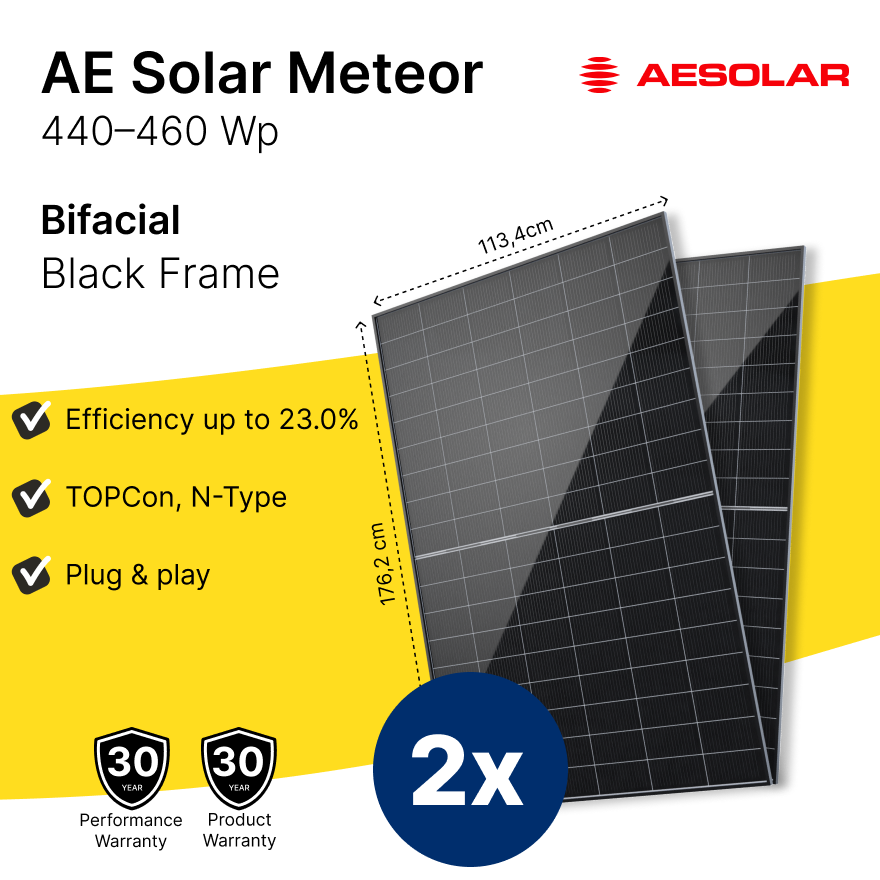
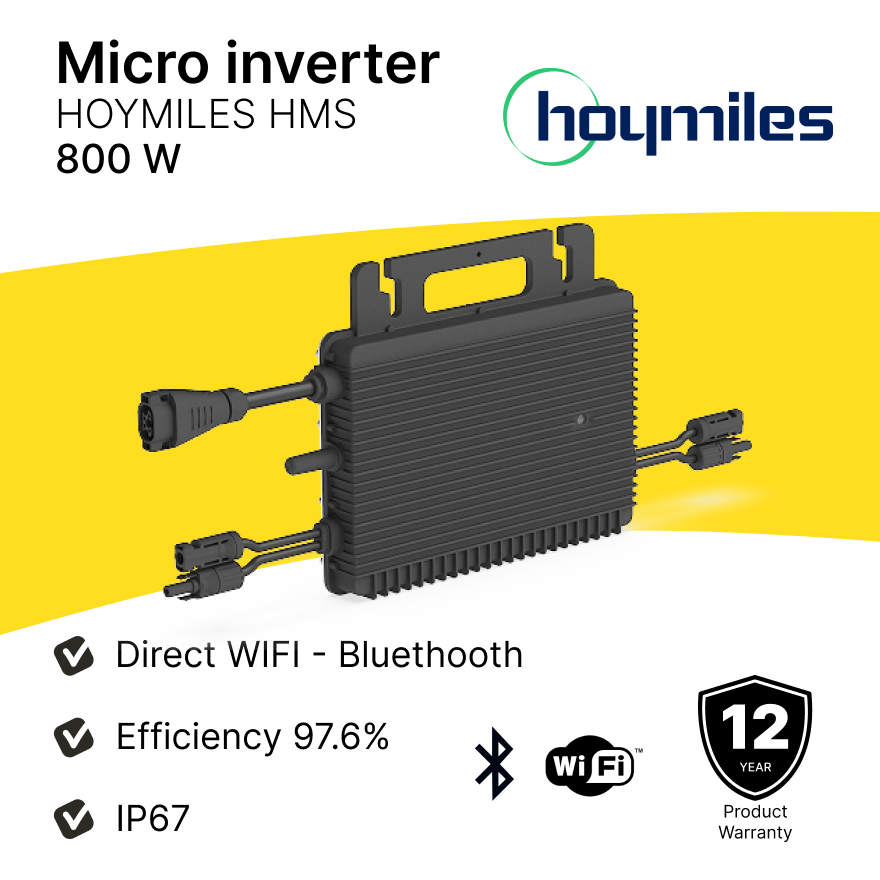
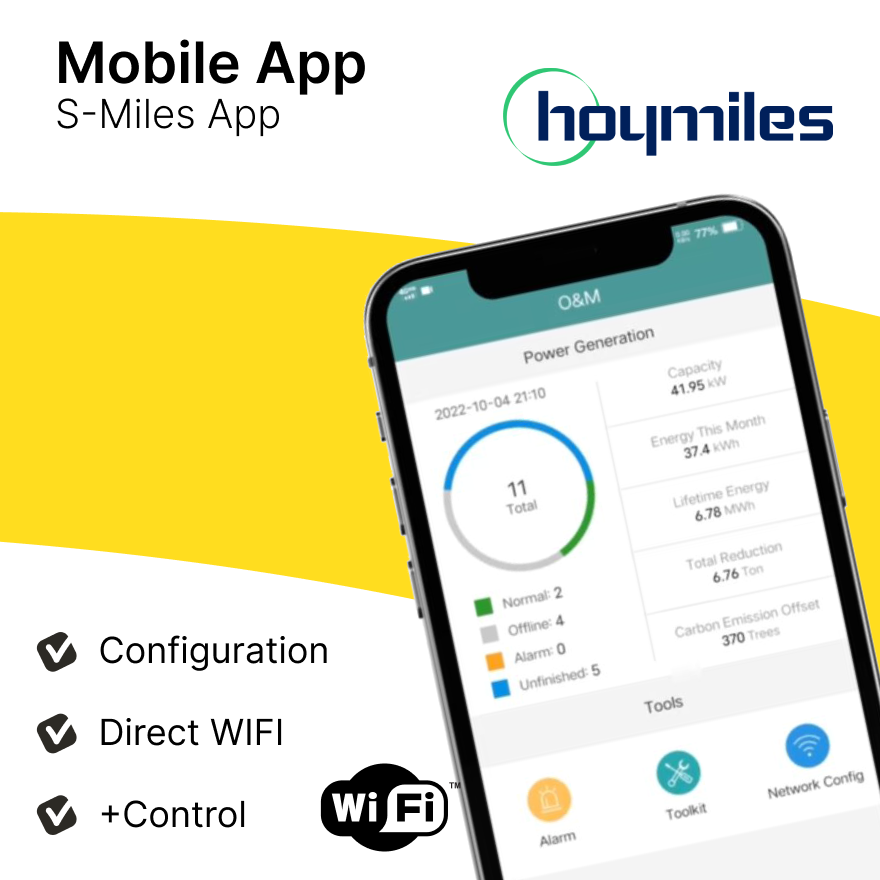


2 Kommentare
Hola Teodoro,
lo que nos cuentas de tu instalación solar no pinta bien. En Robinsun no conocemos los procesos de otros instaladores fotovoltaicos. Solo podemos ofrecer una solución rápida, fácil y muy económica para que una familia se pueda auto-instalar un kit solar enchufable, y así evitar trámites con instaladores o electricistas. Los kits se montan en minutos, en nuestro canal Youtube puedes ver como.
También ofrecemos la posibilidad de pagar los kits en hasta 12 cómodas cuotas con seQura. El objetivo es hacer la energía solar lo más asequible posible para todas las familias. Para que todos puedan ahorrar en sus facturas de luz y aprovecharse de la energía solar.
Si te podemos ayudar, contáctanos por WhatsApp al +34 640 91 51 31.
Robinsun
Buenos días. Ante todo y en primer lugar darles las gracias por su tiempo en atender este mensaje. A través de Caixa Bank contrate unas placas solares con EDP Solar, para dos viviendas (7 y 8 placas respectivamente: 3.3 y 3.8 KWP). La instalaci9on en nuestro humilde saber y entender es una autentica chapuza, no se corresponde con la memoria técnica que nos hizo una empresa de instalaciones llamada Zener., Por razones que ignoramos EDP mando por su cuenta y riesgo, sin avisar al cliente, a tres “pistoleros” que nos han hecho una instalación que posteriormente hemos podido ir averiguando que es una autentica chapuza y que desde luego no prioriza la seguridad y la fiabilidad. Por mas que reclamamos a la empresa EDP, a Caixa Bank, a Wivai, y a todos aquellos que han intervenido en esta estafa, directa o i9ndirectamente, no recibimos satisfacción alguna. Y recurrir a los Tribunales esta fuera de nuestra posibilidades económicas. Podrían orientarnos por favor.
teodoro ramos de castro
Hinterlasse einen Kommentar
Diese Website ist durch hCaptcha geschützt und es gelten die allgemeinen Geschäftsbedingungen und Datenschutzbestimmungen von hCaptcha.